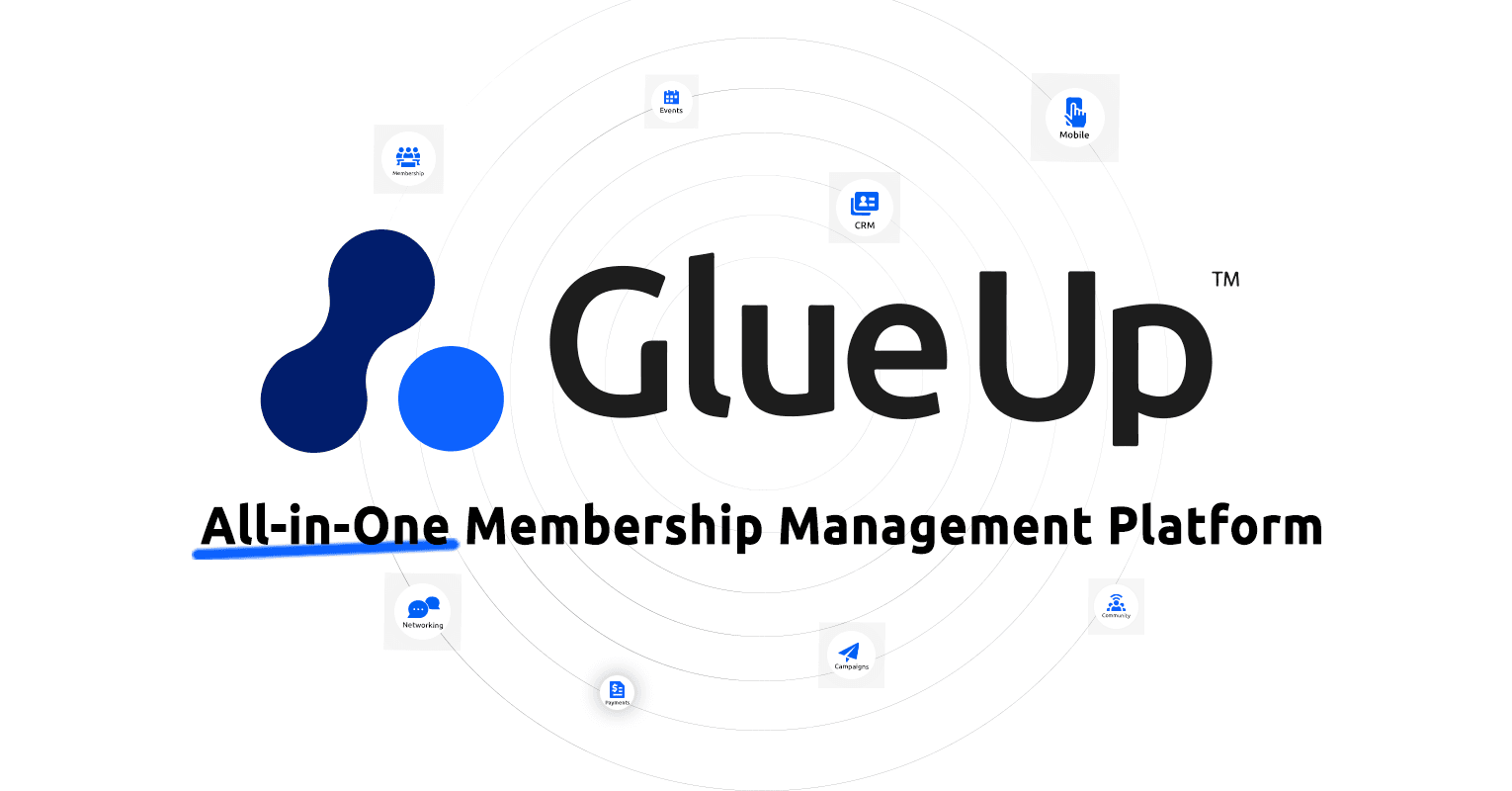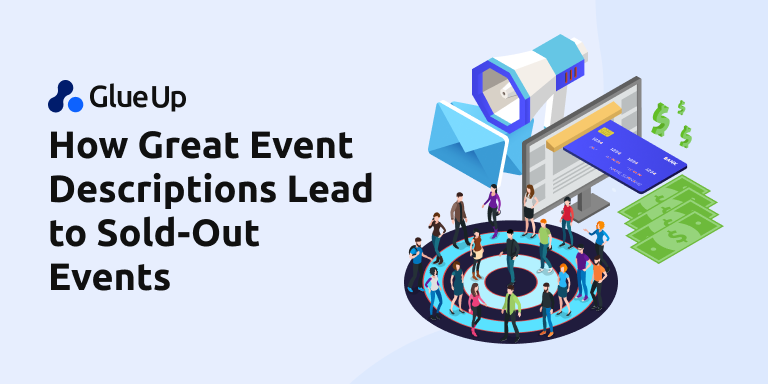
On April 16th, EventBank and Pico Group co-organized a panel discussion on the topic of Data-Driven Marketing & Events so that we can dive deeper into the most hotly contested topic to date, data and how companies use it.
The night kicked off with networking over wine and hors d'oeuvres and quickly settled in for the discussion. At the offset, EventBank started with a quick presentation to get the audience thinking about what event marketing data truly means to them, in hopes that through the following panel they would come to conclusions or even solutions that pertain to them.
Two major challenges, EventBank says, are a hurdle for many event planners. How do we automate data collection? And, how do we combine the online & offline data that we just collected?
EventBank is a software platform that aims to help manage and market events, bringing the value of an all-in-one package that combines the necessary tools to get the job done.
All tools like event web page designing, email marketing, ticketing and registration, QR code scan check-ins and more revolve around the platform's CRM module. This lets all the tools you use to constantly and automatically update your contact and attendee lists, as well as letting the features take this updated information so that it can personalize and automate your tasks. As well, this collects physical attendee actions like check-ins to help bridge that gap between online and offline data and helping to create a viable attendee journey.
Here's the live stream.
Here's our Data-Driven Marketing & Events Deck from the Panel.
Diving into the Panel
Soon after, panel MC Anson Bailey of KPMG kicked off the discussion by introducing the panelists:
Anson Bailey (MC) - Anson joined KPMG in Hong Kong in 1999 and is currently a Partner based in the Hong Kong office heading up the Consumer & Retail Practice in the ASPAC region. He is part of the KPMG Global Consumer & Retail Steering Group as well as being a member of the Global Technology Innovation Centre and the Cluster Leader for the Technology, Media & Telecoms Practice based in Hong Kong.
Greg Crandall - After 15 years of Silicon Valley specializing in content and event services for Apple, IBM, Motorola, Silicon Graphics, Adobe Systems, and Disney, Greg Crandall re-joined the Pico Group to spearhead Pico +, the global total brand activation company. Here he is responsible for using technology to build omnichannel and through-the-line channel experiences for global brands.
Edith Wong - Edith Wong is Chief Marketing Officer at Invest Hong Kong (InvestHK), a government department tasked to attract, facilitate and retain foreign direct investment into Hong Kong. The department works with companies of all sizes, from startups and SMEs to multinationals, and supports them in every stage from planning, setting up to promotion and expansion.
Ravindra Ngo - Ravindra has 10+ Years of experience in senior management working for multinationals and start-ups. He has Founded and acts as President of the Cambodian Association of Hong Kong, he reinforced his network with Consul general, diplomats, and governmental institutions in China and with ASEAN countries in line with the Belt & Road Initiative (BRI) and Greater Bay Area (Guangdong, Hong-Kong, Macau).
After the formalities and introductions, the discussion was quickly pointed towards one of the biggest topics of the past few years.
Who owns the data?
Edith - Edith starts off the by saying that people say data is now our currency. I think this is absolutely true. Data is a bartering system these days. The key issue, however, is consent. Governments and people alike are now more concerned more than ever that proper consent is being given for the exchange of goods and services for their data and privacy.
Anson - Anson chimes into Edith's comments by saying that the Americans are a bit slow on this. There are a lot of American tech companies like Google and Facebook who are in a lot of hot water with their use of the people's data. And, they could very potentially be penalized if governments took a hard-line as they're doing in Europe with the new GDPR.
Greg - Greg soon took the mic to say that 'we've lost the war'. He thinks that the data now belongs to the companies now, and that's what's happening or is going to happen is that people are going to fight back. Every time we use an app that's critical to our lives like a map on our phones, we tend not to read long and drawn out policies and terms, and we end up giving up our information without much sense of the consequences of doing so. So now it's time to fight back.
Ravindra - As a business association, Ravindra says, this topic is quite sensitive. Organizations like Marriot Hotels and Cathay Pacific have had data stolen. Just like this, associations like the British Chamber of Commerce, or the American Chamber of Commerce are reporting that their networks are increasingly concerned about hackers. No matter how responsible an organization is, that data is always up for grabs.
What role does digital play in marketing?
Edith - What EventBank does with their platform is taking the data that matters and then creating a journey for the attendee. That story that's created is core to how an event should be run. Challenges are faced often times without the right data, and that only serves to make it harder for organizations like Invest Hong Kong to grow.
Are we already using tech to track behaviors at events?
Greg - We're already doing this. We're already tracking every little thing. But it comes back to the issues we talked about earlier. We've already lost the data war, and now we have to earn that data back. Technologies like keypads, camera facial recognition, QR code scanning and more, allows us to collect data that personalize the user experience. I'll add though, to this, is that it's a bit freaky to us. Greg also adds that while this situation of complete data-driven personalization is freaky to use in this older generation, this personalization may be completely acceptable by Gen Z, Y, and Millenials.
The discussion soon turned into a free-for-all where audience members chipped in with their ideas about the generational gap. Discovering very surprisingly that the younger generations are actually far more distrustful of brands than previously realized.
What's the next technology?
Edith- The value of technology is as good as the data. The value comes from avoiding bad data, as much as it is about collecting good data. How do we know the journey we've created is valid? Are we duplicating information? It's difficult to see what next evolutions come from technology, and it's difficult to see into the future in the next 10 or 5 years from now what that will be.
Ravindra - I've seen and been involved with a lot of technologies, like AI, and so on, the evolutions can be seen much better when we look across borders. Between Asia and Europe, adoption of payment systems has gone digital in China versus even Hong Kong. Hong Kong as made its advancements of course, but China is a market that's fully adopted transitional technology. We can look across borders to see what's next.
Anson - In China we see there's this leap-frogging. I've done a lot of consumer reports in China, and in the last few years, you start to see cash-on-delivery as the primary form of payments. Then a few years later there are debit and credit cards coming up. Then, suddenly, the market completely flips to digital transactions. Now there are 566 Million users on mobile payments. It's incredible.
Greg - Consumer retail data is by far the newest tech. It's nothing new, but it's certainly a combination of technologies to make a decision. Apps can now track where you shop inside stores, if you bought an item, and so on. This leaves them with the data required to re-target you with a Facebook post for instance.
The panel then once again broke out into a 20 minute-long freestyle sessions of back-and-forth discussions about how tools like EventBank are using data. How do we combine this data responsibly, and who could they trust?
What's your buzzword of the day?
Greg - I think the main thing, the takeaway for me, is Respect.
Ravindra - I think there's not one keyword we can agree on without really coming back to Respect, aligning with what Greg said. Truly. This is a far created more social impact than we realize.
Edith - For me, when someone like KPMG asks for my information in exchange for something, I will give it to them. That's because I Trust them. It's all about Trust. Because I trust that KPMG will have full respect for the data.
Anson - Nowadays companies are very very transparent. It all boils down to respect.
That's a wrap
The event soon wrapped up to more networking, this time far more energized than at the beginning of the event. It was a great event that was full of laughs and learning, and the audience even had a chance to get involved with the panelists.
There are more events to come across Asia Pacific from EventBank, tackling not just events, but associations and chambers of commerce and their challenges as well. Stay tuned on Facebook, Twitter, or LinkedIn to see if there’s going to be an event near you!
Did the questions and answers from the event pique your interest? Contact us and we’ll show you how to reach true engagement no matter what the KPI is, using our one of a kind engagement management platform.






